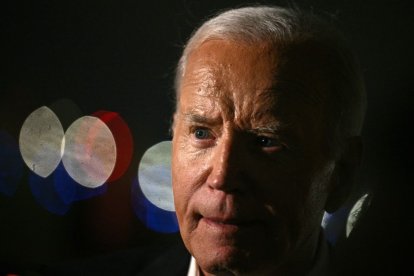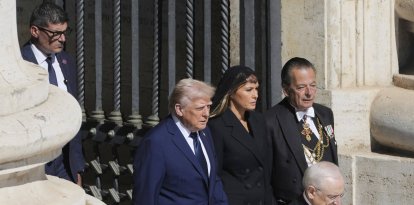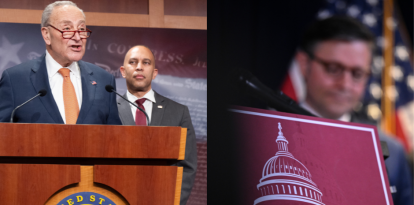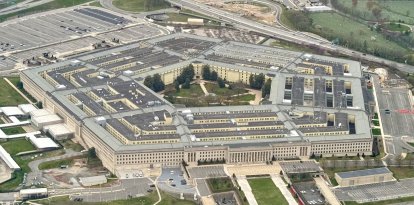The United States adjusted its secret nuclear strategy to deal with the growing threat from China, Russia and North Korea
Before Biden's term ends, Congress is expected to receive an unclassified notification about the new plan.

Joe Biden speaks to the media before boarding Air Force One.
President Joe Biden approved a new nuclear strategy for the United States. The classified plan marks a significant shift in how Washington approaches nuclear threats, with a particular focus on the rapidly growing China nuclear arsenal, as well as the strategic challenges posed by Russia and North Korea.
According to a report in the New York Times, the strategy, known as the "Nuclear Jobs Guide," was approved in March but has not yet been publicly announced by the White House. An unclassified notification is expected to be sent to Congress before the end of Biden's term.
Change in strategic focus
According to some Biden administration officials, the new nuclear strategy redefines the U.S. deterrence posture to meet potential nuclear challenges simultaneously or sequentially. This is especially true considering China's growing nuclear power, which is believed to rival that of the United States and Russia in the coming decades. The strategy also contemplates the possibility of coordinated threats between Russia, China and North Korea.
The document, which is updated every four years, is extremely confidential. Only a few national security officials and senior Pentagon officials have access to it, and electronic copies are not available.
Implications and challenges
The strategy review reflects an evolving global security reality, where alliances between adversaries and expanding nuclear arsenals are transforming power dynamics. Russia and China have intensified their military cooperation, while North Korea has significantly expanded its nuclear arsenal. This poses new challenges for U.S. defense and calls for reassessing traditional deterrence strategies.
Moreover, China's rapid expansion of its nuclear arsenal exceeds previous projections, with the goal of matching or surpassing the arsenals of the United States and Russia in the coming years. The recent suspension of U.S.-China nuclear security talks adds complexity to the situation, highlighting bilateral tensions and a lack of progress in reducing nuclear risks.
RECOMMENDATION





















